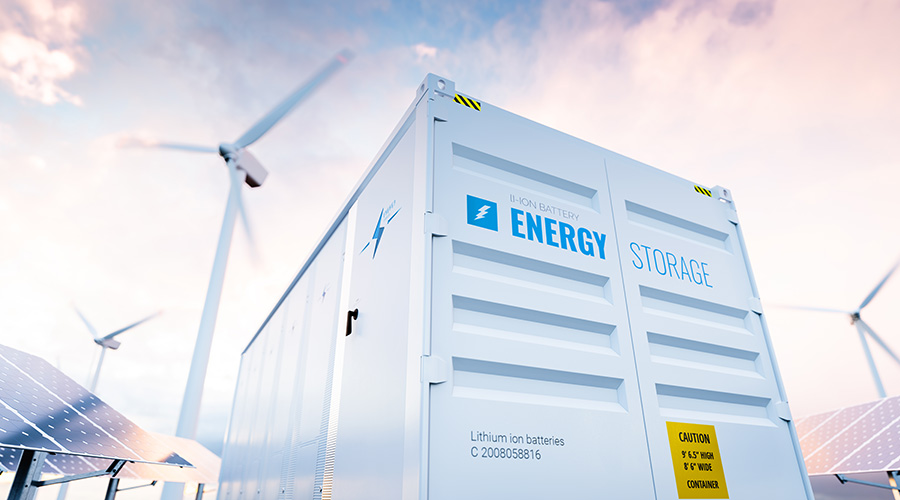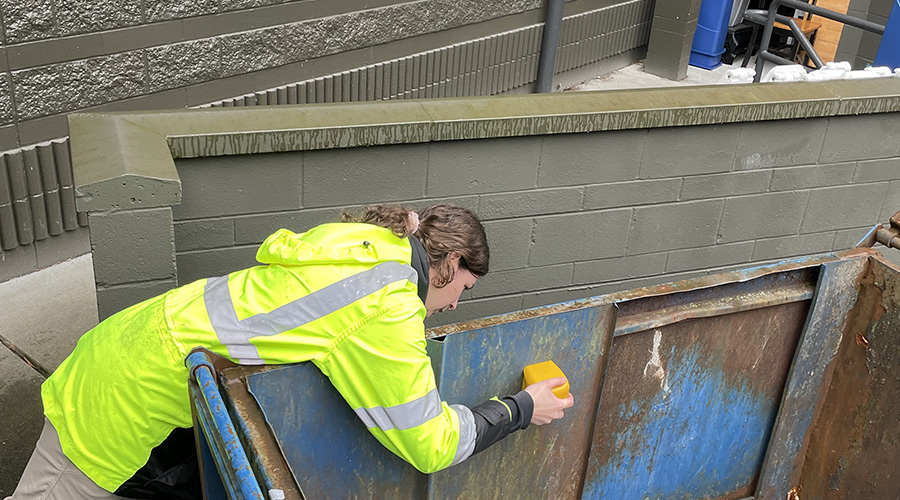In Hospitality Facilities, Facility Managers Find Many Ways to Improve Sustainability
On the operations side, facility management staff has a large role to play as well. The first thing they have to do is understand that it is a balancing act when it comes to what guests want versus sustainability efforts.
"You want to continue to give people a comfortable, acceptable shower without sacrificing using more water," Jachimowicz says.
Getting to that point of balance sometimes requires breaking some old habits. The difference between a domestic water temperature of 135 F and 130 F water in a holding tank is a substantial amount of energy use. But when it's ingrained that 135 F is the right temperature, it requires some cajoling to change people's minds, Holesko says.
"We had chief engineers, some of whom had been there five, 10, 15 years, and they were convinced that their settings had to be at this point," he says. "I'd say, 'Hey, just drop that domestic (hot water) two degrees and see what happens.'"
Witt points out that creative thinking can pay off, especially at facilities in extreme climates such as the Grand Hyatt Dubai, a 37-acre complex that includes the hotel, apartments, and conference and business facilities.
"They're using the condensation that results on top of air conditioning units — because it's hot outside and cold inside — and they're putting that into their cooling towers, and they're saving up to 30,000 gallons of water a day," she says.
Even little steps can make a big difference, Gaines says.
"We used to put bottled water in every one of our meeting spaces. Now we're using water coolers," he says.
Looking Forward
Waste is one area with the potential for big improvement. In many cases, hotels end up throwing out a lot of waste that could have been recycled. The reason is a lack of local support for recycling programs, Jachimowicz says.
"We would move forward with recycling if the local trash haulers had the ability to do that today," he says. "We're recycling at 60 percent of our properties. We'd like nothing better than to get that number up. Short of separating it and hauling it ourselves — and we're not in the trash-hauling business — we're at the mercy of the local haulers."
One way to work around the recycling challenge, Gaines says, is to reduce potential waste brought in the door in the first place. "We eliminated the USA Today," he says. "That's huge. All those newspapers? They're gone. Everybody's reading it on their iPad."
When it comes to future improvements, one of the biggest is continuing to provide engineers and other front-line personnel with the tools they need to track and manage energy and water usage in an efficient manner. While Portfolio Manager has been a big step, Jachimowicz is looking down the line to a setup that allows for not only tracking, but also active participation in facility operations from more experienced personnel to quickly head off potential issues or preventing them from becoming a recurring problem.
"The vision someday is to have a networked operating center somewhere that would be looking at our bigger buildings and how they're performing," he says, "and then letting the operators know, mentoring the operators, training and developing the operators on anomalies that take place so that we can prevent it from happening again."
Related Topics:














